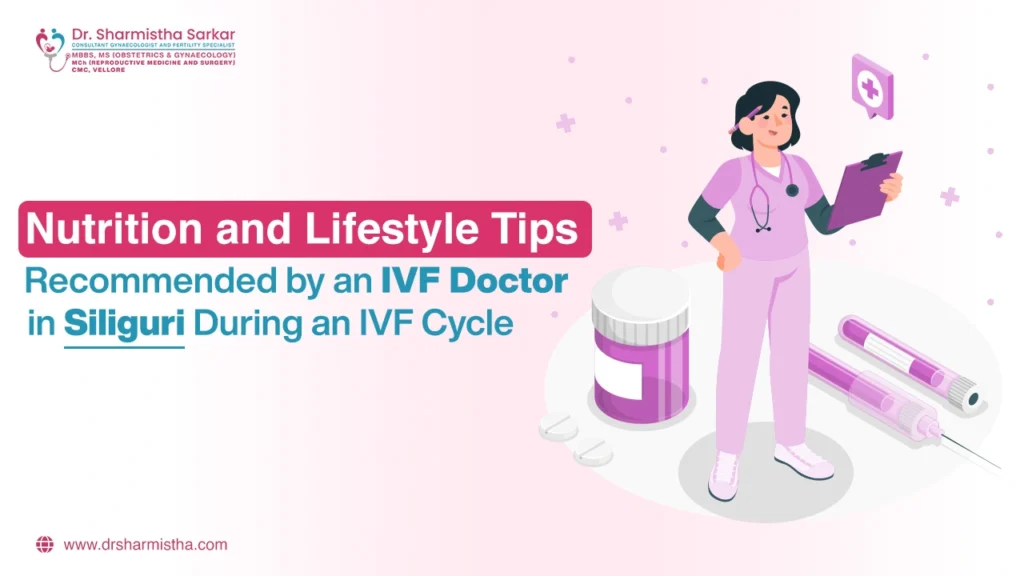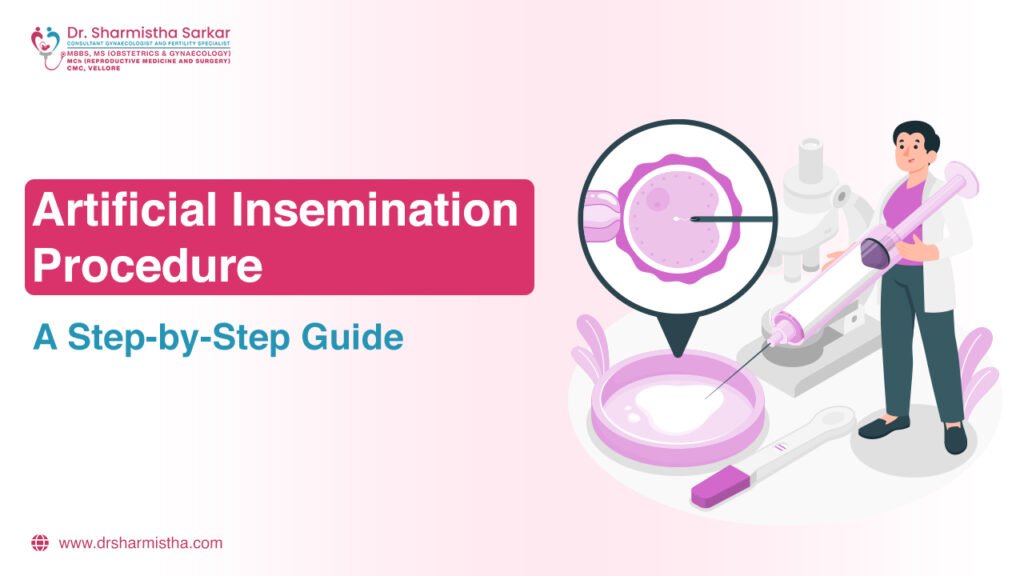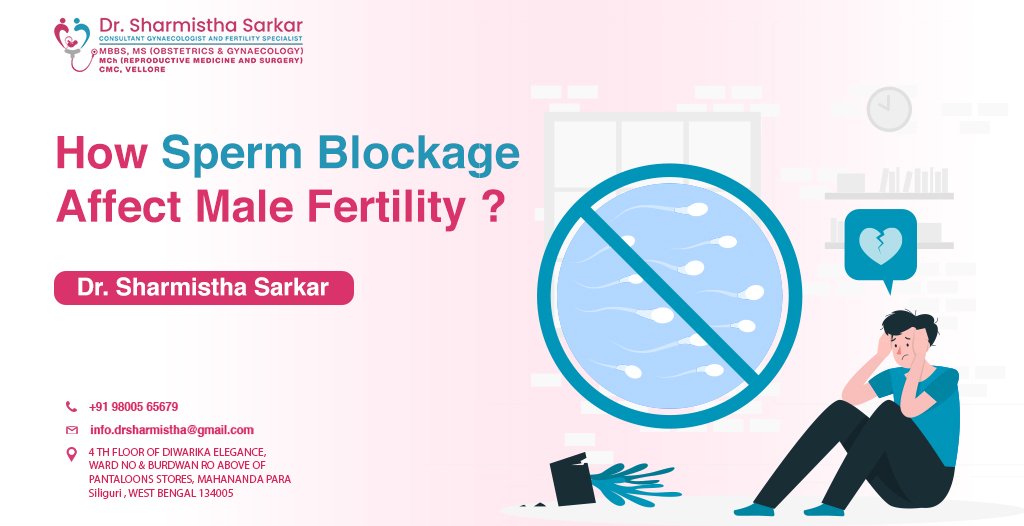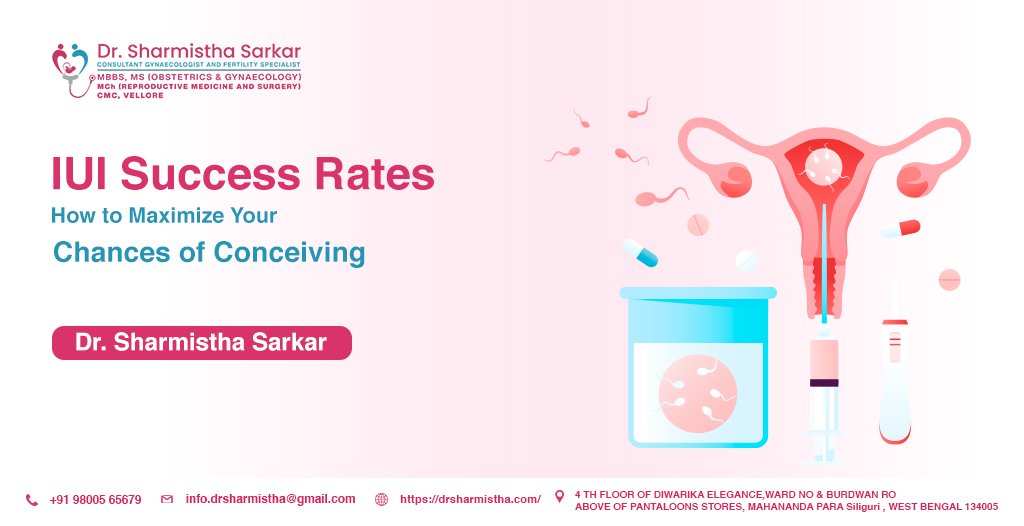Top Questions to Ask Your Infertility Specialist in Siliguri Before Starting Treatment
If you are considering consulting an infertility specialist in Siliguri you must do so with clarity and confidence. Fertility treatment involves many decisions related to medical and financial. The better informed you are, the better your preparation will be for the road ahead. Asking questions creates awareness and builds trust between the patient and the specialist. Here in this blog are the most important questions you need to ask your infertility specialist in Siliguri before going in for treatment. From the very beginning until you may be considering treatment options, these questions will keep you moving toward a more successful and less stressful treatment experience. Essential Questions You Must Ask Your Infertility Specialist 1. What tests will be done to evaluate infertility? Getting the right diagnosis is very important in any fertility treatment. Your infertility specialist in Siliguri may suggest a couple of diagnostic methods for checking fertility health in both partners. Women may be advised to hormone blood tests, ultrasound scans, and ovulation tracking whereas men may be required to have semen analysis and hormone evaluations. Whatever the tests will ensure you ask questions about each one. Get to know how long the evaluation will last and the duration that will take before you can get feedback on the results. Such transparency at this stage will assist you in preparing yourself mentally and emotionally during the treatment. 2. What are the causes of my infertility? Once the reports are out, one has to understand the aspects that have brought on infertility. These could be ovulation disorders, tubal blockage, endometriosis, or abnormalities within the uterus with some cases being unknown infertility. An infertility specialist in Siliguri must explain all these factors to you in the simplest of language so you know how this particular diagnosis affects your chances of conception. Therefore you will begin to understand the logic behind treatment and how it will be structured. 3. What treatments are fitting for me? Fertility treatments are highly specialized for the condition that one is experiencing. Your doctor may advise ovulation induction, IUI, IVF, or surgery for your individual case. Find out from your doctor about the merits and demerits of each procedure. An infertility specialist in Siliguri like Dr. Sharmistha Sarkar will also discuss all the medications and follow-up procedures that your treatment cycle will require. 4. What is the probability of success? A woman who has realistic expectations is more likely to probe statistics of success and ask her doctor about her chances of getting pregnant based on age, medical history, and treatment plan. It must be noted that no fertility doctor can guarantee 100% success. They may stipulate success rates and discuss factors affecting outcomes. Your trusted infertility specialist in Siliguri will conduct the entire process honestly. 5. What lifestyle changes can boost fertility? Fertility is directly affected by lifestyle. Some of the habits that may require modification are eating a healthy diet, exercising and cutting down on caffeine and alcohol. An esteemed infertility specialist in Siliguri will probably refer you to nutritionists and counselors to aid you in the pursuit of better fertility. 6. Will there be risks or side effects of the treatment? As with any medical procedure infertility treatments also carry certain risks. Side effects possible here may be mild like slight bloating and mood swings or otherwise Ovarian Hyperstimulation Syndrome can become a serious condition. Your infertility specialist in Siliguri will clearly inform you about the risks involved and how you will be protected along the way. 7. How much time will the treatment take? The fertility treatment is not a great hit for fast relief. Check for how long each step takes from consultation and diagnostic testing to treatment cycles. It varies depending on the treatment and how well a patient responds to it. Your infertility specialist in Siliguri will accommodate giving you a believable timeframe so that you can plan work, travel, and life adequately along with the treatment schedule. 8. What are the costs involved? Fertility treatment can be quite costly. Having a clear idea about costs is very important. Ask for a clear breakdown of costs including tests, medicines, procedures, follow-ups, and after-care. It would be good for your infertility specialist in Siliguri to put all the prices on the table so that you make your financial plans accordingly. Do also inquire about any insurance coverage that might pay for some of the treatment costs. 9. Is there emotional support? Infertility can be difficult on the emotions. Ask whether the clinic offers or can recommend emotional support or psychological assistance. Many couples find counseling or support groups immensely beneficial while they undergo treatment. The understanding mind of an infertility specialist in Siliguri will make sure you get the emotional support to help you with stress and anxiety throughout the treatment cycle. 10. What happens if the treatment fails? Fertility treatments never guarantee that you will be pregnant in the very first attempt. If the initial procedure fails to bring about pregnancy do consult your doctor about additional procedures that may be pursued. Your infertility specialist in Siliguri should openly discuss these alternatives with you and prepare you emotionally for all scenarios that arise. Why Choose Dr. Sharmistha Sarkar for Infertility Treatments? Dr. Sharmistha Sarkar is a recognized name in the industry maintaining very high success rates. As a premier infertility specialist in Siliguri she has been treating and supporting couples with not only advanced techniques but also with much love and counseling through all stages of their fertility journey over many years. Her clinic presents a full range of services including diagnosis and IVF facilities all under one roof. The patients appreciate her transparent communication and her ethical approach of treatment for achieving the best possible outcomes. When you select Dr. Sarkar, you select the best local help with a personalized touch in Siliguri. Take Charge of Your Fertility Journey! Choosing the correct infertility specialist in Siliguri is a huge step on your fertility journey. By preparing the
Top Questions to Ask Your Infertility Specialist in Siliguri Before Starting Treatment Read More »











